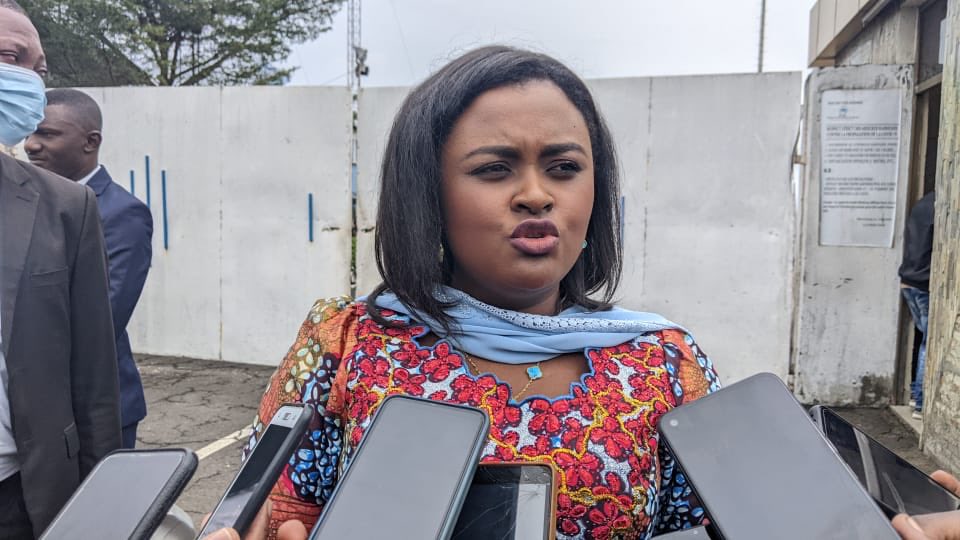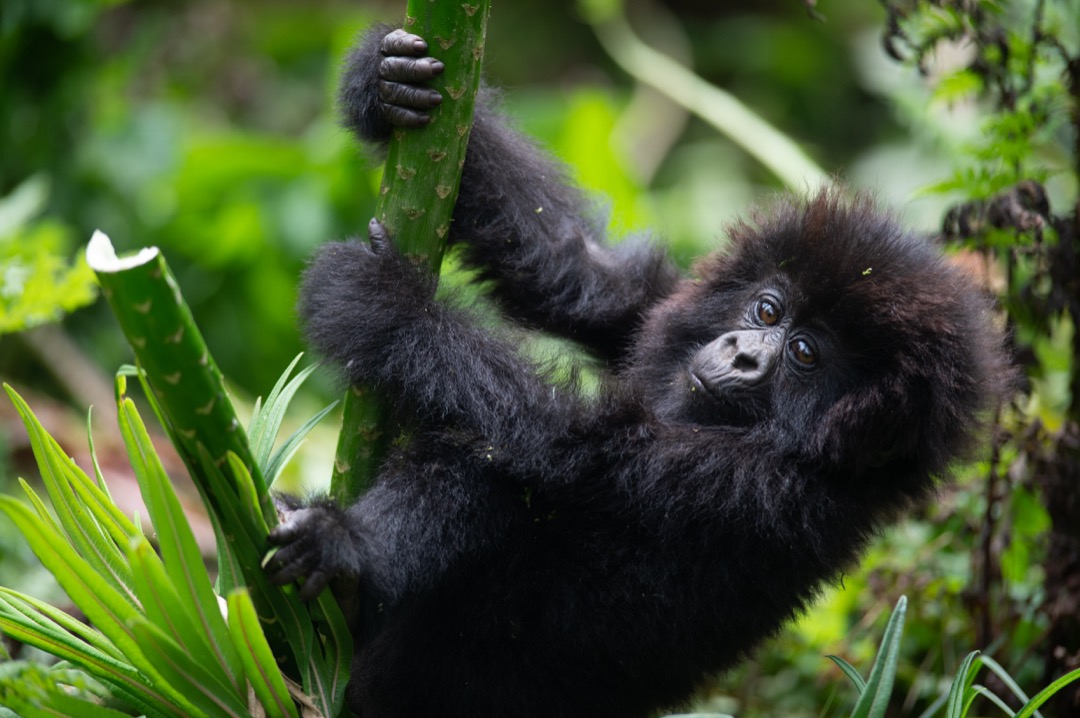Regional
Angola: Lourenço’s re election, a plus for regional peace
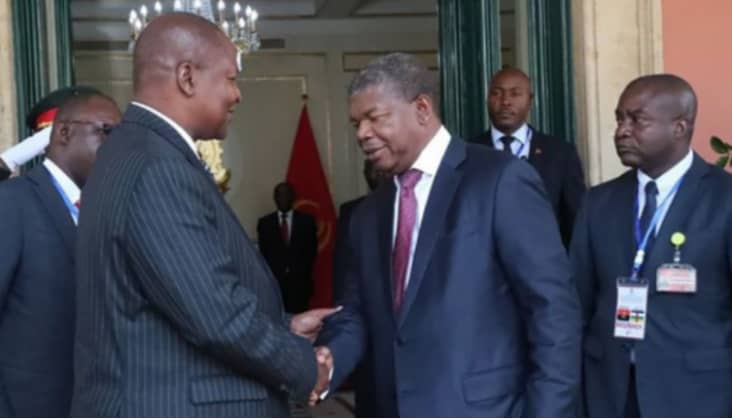
CAR president Faustin-Archange Touadéra and João Lourenço in Luanda, January 30, 2021.
Angolan
President João Lourenço has secured a second five-year term to rule his
country.
On August 29, the Angolan National Electoral
Commission (CNE) unveiled the result of the August 24 ballot, reporting that
the People's Movement for the Liberation of Angola (MPLA) won 51.17 percent of
the ballots against 43.95 percent for the main challenger, the National Union
for the Total Independence of Angola (UNITA).
Lourenço’s
MPLA could have faced an unusually strong challenge from an energised
opposition led by UNITA leader Adalberto Costa Júnior but, in the end, it won
anyway.
Known
to be courageous and fearless, in 2017, Lourenço initially took over from José
Eduardo dos Santos, who had ruled for 38 years, as Angola and ruling MPLA leader following a general election, the
first time Angola had seen a peaceful transfer of power.
Lourenço,
considered to be a loyal MPLA soldier – a man who has always been ready to take
on greater responsibility in the governing party – was the country's defense
minister before becoming the ruling party's flag-bearer in the 2017
parliamentary election to replace long-term President dos Santos.
The
winner of the closely fought August 2022 election in the oil-rich country
promised to be the "president of all Angolans" noting that his was a
victory for Angola and Angolans in general.
Lourenco,
68, in his inaugural address, said: "This vote was a vote of confidence,
which gives us the immense responsibility of promoting dialogue and social
consultation.”
Lourenço
also promised to press on with political commitments with courage and
responsibility during his second mandate.
In
some way, Lourenço’s win is not only a win for Angolans. It is a win for the
wider region, especially considering that the Angolan leader has championed
efforts towards enhancing peace and security in the region.
In
July 2022, the Democratic Republic of Congo (DRC) and Rwanda started dialogue,
in the Angolan capital, after weeks of increasing tension caused by the
resurgence of the M23 rebellion in eastern DRC.
Lourenço
was, at the time, appointed by the African Union to mediate talks between DRC’s
President Félix Tshisekedi and his Rwandan counterpart, Paul Kagame.
Following
the talks, Lourenço said: “I am pleased to announce that we have had positive
results, in our view, in that we have agreed on a ceasefire, among other
measures.”
The
Luanda talks came at a time when relations between Rwanda and its vast
neighbour were at their lowest. The DRC accused its neighbour of sponsoring the
M23 rebels. Rwanda denies any involvement in the internal affairs of the DRC.
Rwanda also pointed the finger at the Kinshasa government for the regional
instability. Kigali mainly accused the DRC of supporting the FDLR, a genocidal
militia group formed by perpetrators of the 1994 genocide against the Tutsi.
The
Angolan leader's peace efforts are not new. In August 2019, the presidents of
Rwanda and Uganda signed an agreement in Angola to end months of tensions after
the two leaders exchanged accusations of spying, political assassinations and
meddling. The signing of the pact in the Angolan capital was then witnessed by
Lourenço, the Democratic Republic of Congo's Felix Tshisekedi and Congo's Denis
Sassou Nguesso.
Lourenço
hailed the agreement saying it illustrated the two presidents'
"willingness to overcome conflict.” Trade had been severely disrupted when
Rwanda abruptly closed the border with its northern neighbor, severing a major
economic land route. The route is now open.
In
the past few months, relations between Rwanda and Uganda have improved. There
is Hope that things could get better. The common border was reopened in January
2022 after nearly three years of inactivity.
There
is no doubt that Lourenço was an important mediator in efforts to defuse
tensions.
Beyond
the East African Community, Lourenço also made a mark in the Central African
Republic (CAR) when he held several mini-summits, in January and September
2021, that led to the drafting of the Joint Roadmap for Peace in the
conflict-torn country. His efforts in CAR positively impacted on the search for
a solution to the crisis in the country.
In
February 2021, as the crisis escalated in the Central Africa Republic, where
armed groups were going head-to-head with the re-elected President
Faustin-Archange Touadéra, Lourenço was digging in, trying to mediate. The
International Conference of the Great Lakes Region (ICGLR) was due to hold
another mini-summit on the Central African crisis, in Luanda, just like the
first which was held on January 29 that year. Lourenço sought to help resolve
the Central African crisis.
There
is no doubt that Lourenço’s second term will cement his commitment to regional
unity and reconciliation processes as well as the search for peaceful
resolution of conflicts in Africa.


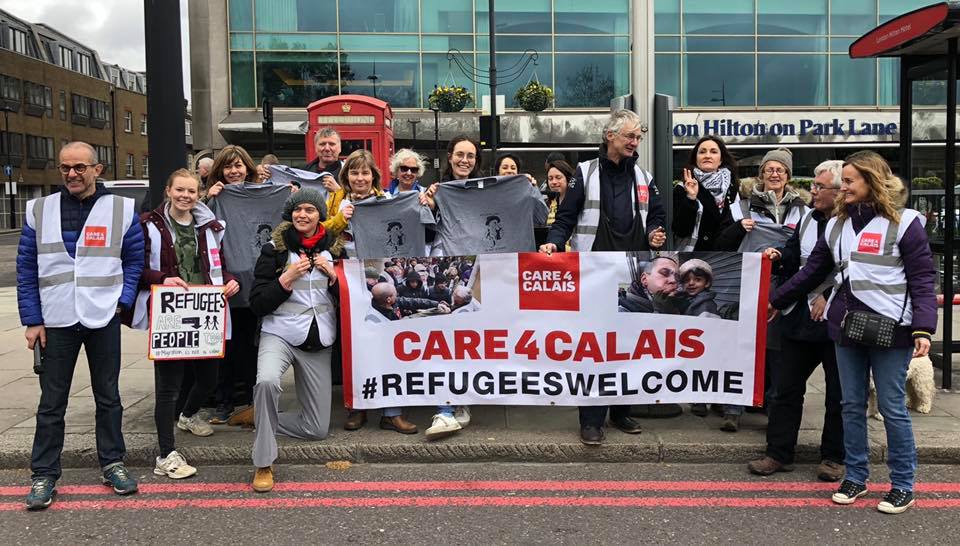
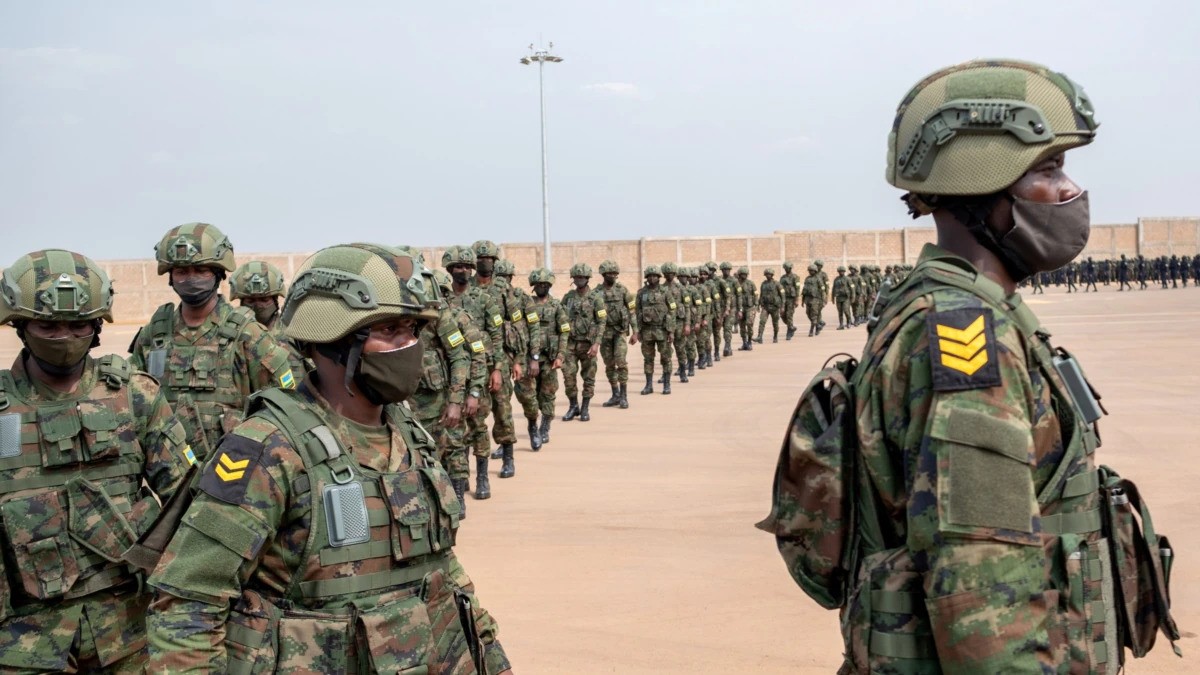
.jpg-20220901012416000000.jpg)
